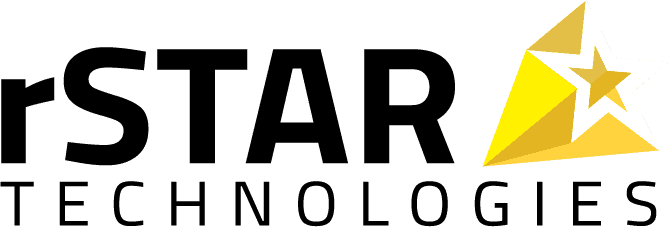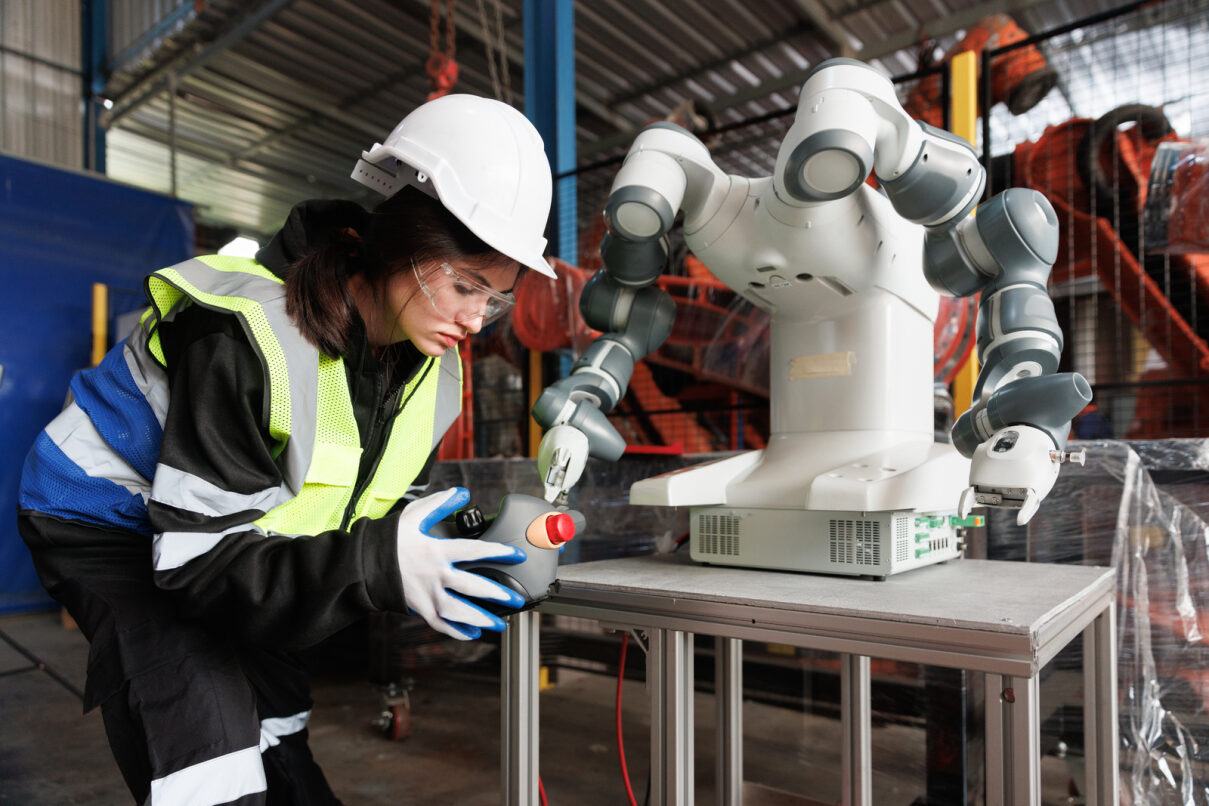For decades, call centers have relied on cutting-edge technology, from first-generation call-routing systems that routed customers to the first available agents to interactive voice response (IVR) systems that millions of customers still use today.
However, very little of it satisfied customers. Even as early applications of artificial intelligence (AI) gained traction in the 2000s, call centers were more concerned with cutting costs than improving customer experience.
rSTAR Technologies has recently put in place new strategic initiatives which will improve customer satisfaction and reduce costs. Here are some thoughts about it.
Artificial Intelligence in Call Routing
Predictive call routing is how AI matches call center customers to specific customer service agents who are best suited to handle an issue based on personality models or expertise.
This technology is based on customer behavior profiles, which provides AI with a comprehensive understanding of the customer journey and customer personas.
The software analyzes natural language learnings and communication habits to match each inquiry with the best-equipped agents to interact with particular types of customers, ensuring that tickets are closed quickly and effectively to free up time across the board.
Read more: Why Your AI Partner Is Crucial To Customer Service Automation
Conversational AI
Nowadays, conversational AI is most commonly associated with chatbots. This is usually found when a company offers an AI-powered online chat option on their website or platform.
Customers can interact with website content and self-service support options in real-time without communicating with a service representative. Customers can now solve problems independently, easing the burden on organizations’ service teams.
The best part about chatbots is their ability to reduce call volume, allowing call center agents to focus on more complex issues rather than simple, repetitive questions.
Emotional AI
AI with emotional intelligence can monitor customer sentiment during a phone call. It can also adjust to various languages and cultural contexts, allowing it to be used in countries with diverse linguistic and cultural styles. By tabulating common phrases and words, AI is able to cross-reference these words with feelings.
For instance, it also tracks how frequently an agent interrupts a customer and the tone of voice used by the customer and the support representative. It will then provide live feedback to the agent to understand how the customer is feeling during the call.
Omni Channel Experience
Customers can start their experience on one channel and continue it on another seamlessly with an omnichannel approach. For example, suppose you started a transaction on a web portal to pay your bill and had to leave your desktop. When your customer launches the bot on their mobile device, it should pick up where they left off on the web portal.
The omnichannel experience will significantly improve the customer experience and boost customer confidence in the brand. This will aid in the improvement of your contact center’s call deflection.
Read more: How to Build an AI IT Service Desk
Analytics
One of the most common applications of AI in call centers is to provide detailed analytics on-call times, first resolution, and other metrics. These technologies can detect trends and access customer data, which can reveal whether customers have a positive or negative experience.
AI can provide more comprehensive analytics than a human customer support manager because it measures customer sentiment, tone, and personality.
Exceed Customer Expectations with AI
Artificial intelligence can handle repetitive and simple calls by automating a portion or all of a customer call. This benefits customer service representatives by giving them more time to take more tough calls.
However, there will always be complex issues that AI cannot solve. Using AI in call centers aims to improve the customer experience and free up human agents from spending time and energy on simple requests. AI can help customer service representatives be more productive and have more engaging and personally satisfying conversations.
About rSTAR Technologies
rSTAR is a full-service specialized system integrator built to transform leaders in the asset-intensive industries, such as energy and utilities, manufacturing, high-tech, and automotive into business value all-stars by focusing on digital transformation initiatives. With over 20 years of experience in Oracle, Microsoft, and Salesforce, the company provides consulting, implementation, and services for AI, CX integration and automation solutions. For more information, please visit rSTAR Technologies







